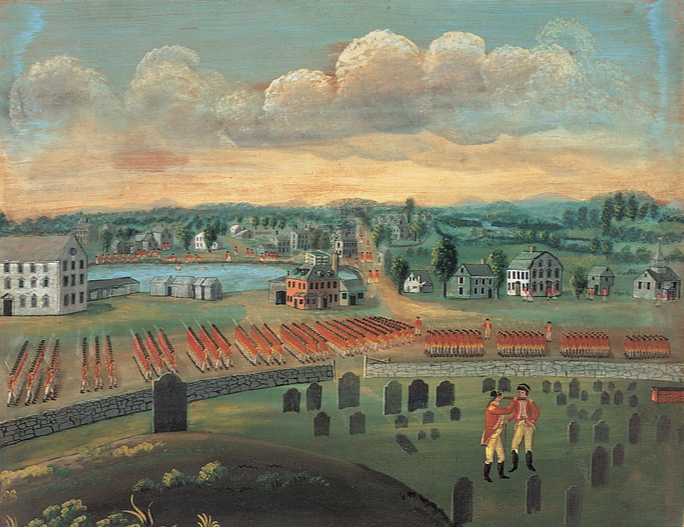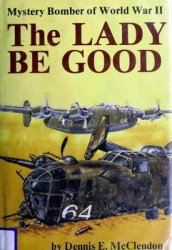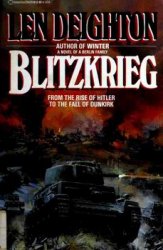The actions of the First Continental Congress led the British authorities to force a showdown with their bumptious colonial offspring. “The New England governments are in a state of rebellion,” George III announced. “Blows must decide whether they are to be subject to this country or independent.” General Thomas Gage, veteran of Braddock’s ill-fated expedition against Fort Duquesne and now commander-inchief of all British forces in North America, had already been appointed governor of Massachusetts. Some 4,000 Redcoats were concentrated in Boston, camped on the town common—a place once peacefully reserved for the citizens’ cows.
Parliament echoed with demands for a show of strength in America. After the Tea Party the general impression was that resistance to British rule was concentrated in Massachusetts. Based on the behavior of colonial militia in the French and Indian War, most British subjects did not think people in the other colonies would be inclined to fight outside their own region. General James Grant announced that with 1,000 men he “would undertake to go from one end of America to the other, and geld all the males, partly by force and partly by a little coaxing.” Some opposed the idea of crushing the colonists, and others believed that it could not be easily managed, but they were a small minority. The
House of Commons listened to Edmund Burke’s magnificent speech on conciliating the colonies and then voted 270 to 78 against him.
The London government decided to use troops against Massachusetts in January 1775, but the order did not reach General Gage until April. In the interim both sides were active. Parliament voted new troop levies and declared Massachusetts to be in a state of rebellion. The Massachusetts Patriots, as they were now calling themselves, formed an extralegal provincial assembly, reorganized the militia, and began training “Minute Men” and other fighters. Soon companies armed with anything that would shoot were drilling on town commons throughout Massachusetts and in other colonies too.
When Gage received his orders on April 14, he acted swiftly. The Patriots had been accumulating arms at Concord, some twenty miles west of Boston. On the night of April 18, Gage dispatched 700 crack troops to seize these supplies. The Patriots were prepared. Paul Revere and other horsemen rode off to alert the countryside and warn John Hancock and Sam Adams, leaders of the provincial assembly, whose arrests had been ordered.
When the Redcoats reached Lexington early the next morning, they found the common occupied by about seventy Minute Men. After an argument, the Americans began to withdraw. Then someone fired a shot. There was a flurry of gunfire and the Minute

Two weeks after the battle of Lexington and Concord, Ralph Earl, a colonial militiaman from Connecticut, was ordered to make sketches and paintings of what had transpired. Earl revisited the battlefield and interviewed those who had fought. He was an accurate painter, but not a very good one. Each of the British formations, facing the officers, contains exactly twenty-five men.
115
Men fled, leaving eight of their number dead. The British then marched on to Concord, where they destroyed whatever supplies the Patriots had been unable to carry off.
But militiamen were pouring into the area from all sides. A hot skirmish at Concord’s North Bridge forced the Redcoats to yield that position. Becoming alarmed, they began to march back to Boston. Soon they were being subjected to a withering fire from American irregulars along their line of march. A strange battle developed on a “field” sixteen miles long and only a few hundred yards wide. Gage was obliged to send out an additional 1,500 soldiers, and total disaster was avoided only by deploying skirmishers to root out snipers hiding in barns and farmhouses along the road to Boston. When the first day of the Revolutionary War ended, the British had sustained 273 casualties, the Americans fewer than 100. “The Rebels are not the despicable rabble too many have supposed them to be,” General Gage admitted.
For a brief moment of history, tiny Massachusetts stood alone at arms against an empire that had humbled France and Spain. Yet Massachusetts assumed the offensive! The provincial government organized an expedition that captured Fort Ticonderoga and Crown Point, on Lake Champlain. The other colonies rallied quickly to the cause, sending reinforcements to Cambridge. When news of the battle reached Virginia, George Washington wrote sadly, “A brother’s sword has been sheathed in a brother’s breast and the once happy and peaceful plains of America are either to be drenched in blood or inhabited by a race of slaves.” And then he added, “Can a virtuous man hesitate in his choice?”
•••-[Read the Document Warren, Account of the Battle of Lexington at myhistorylab. com




 World History
World History









